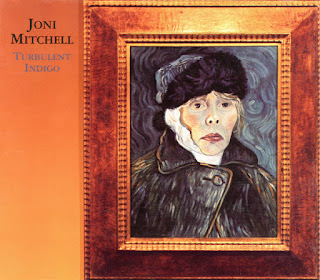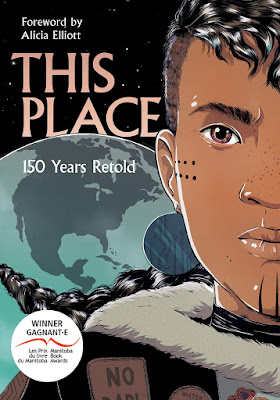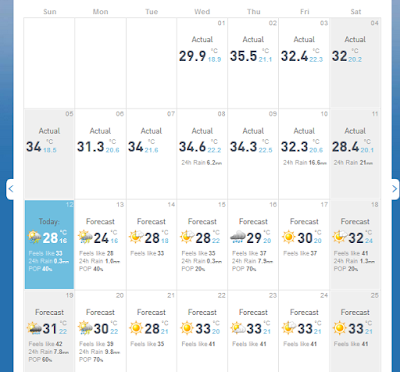11 (more) things on my mind about the protests in the u.s.

In April, I wrote a post called " 11 things on my mind about the anti-police-violence and anti-racism protests ". For reasons unknown to me, it's one of the most widely-read posts I've written in a long time. So here's an updated list. 1. When governments respond to protests with violence and intimidation, and the protests only grow , a movement has reached another landmark of growth and development. This is happening right now, and it's exciting! 2. Protest by middle-class and middle-aged citizens is so heartening to see, and possibly another milestone. The so-called Wall of Moms , and the "dads" with leaf blowers and hockey sticks, are crucial pieces. Their courage will embolden so many others. No change will happen until and unless the middle-class is onboard, so get onboard! 3. Veteran resistance is so powerful. I wonder about resistance within the active military. From my work with the War Resisters Support Campaign in Canada, and from extensi...




